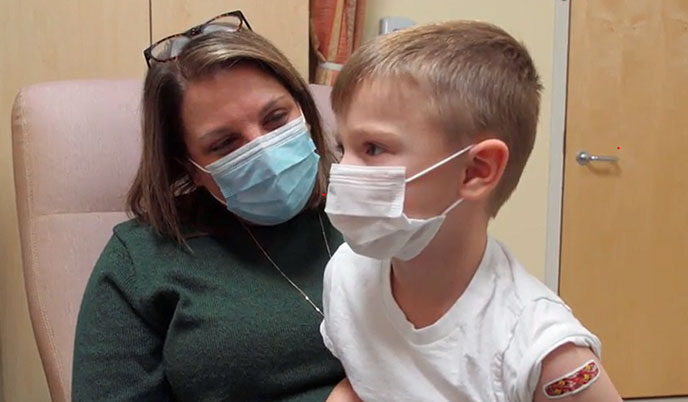
Moderna COVID-19 vaccine pediatric clinical trial to focus on ages 6 months to 5 years
The KidCOVE phase three clinical trial at the University of Wisconsin School of Medicine and Public Health, which is evaluating the safety and effectiveness of the Moderna COVID-19 vaccine in children, has shifted focus to kids 6 months to 5 years old.
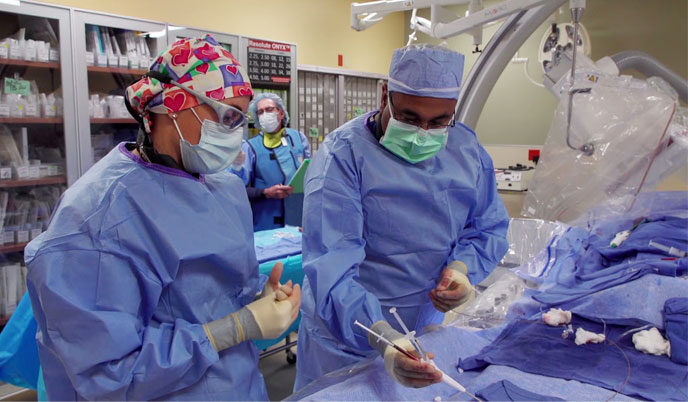
UW Health treats first patient in U.S. with investigational cell therapy for heart disease
Appleton resident Donald Krause became the first patient in the country last week to undergo an investigational cell therapy for a debilitating heart condition called chronic myocardial ischemia (CMI).
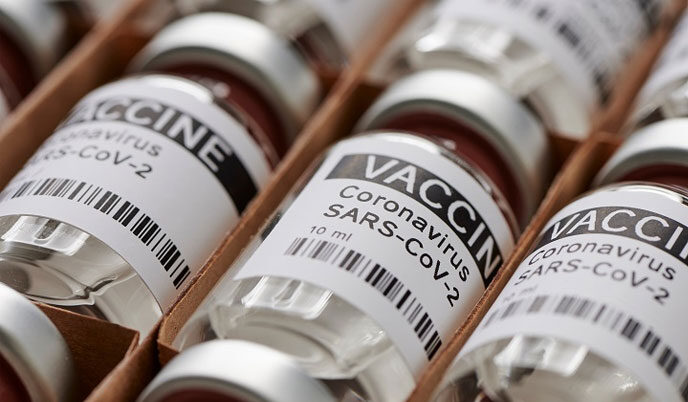
UW study examines allergic reactions to COVID-19 vaccines
Researchers from the UW School of Medicine and Public Health are seeking participants for a clinical study that examines whether the mRNA COVID-19 vaccines (Pfizer/BioNTech and Moderna) pose an increased risk for allergic reactions in individuals who are already considered “highly allergic.”
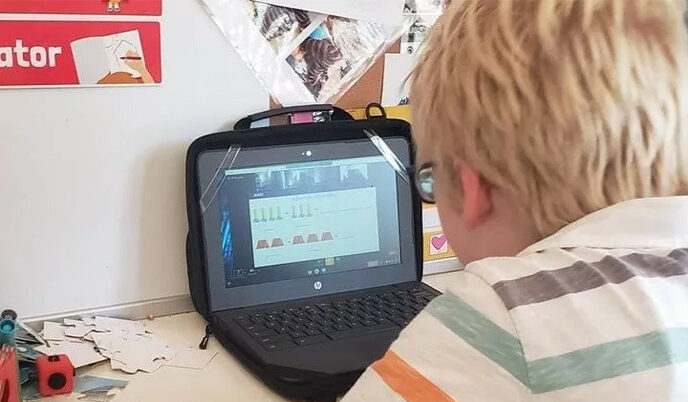
Pediatric research study aims to get medically complex K-12 students back to school safely
The last 18 months have been a struggle for 6-year-old Cade Moureau and his family.

UW researchers to study risk factors for injury in high school runners
Researchers from the University of Wisconsin School of Medicine and Public Health are teaming up with more than 20 high schools across Wisconsin this fall to study how certain risk factors contribute to running-related injuries in high school cross country runners.
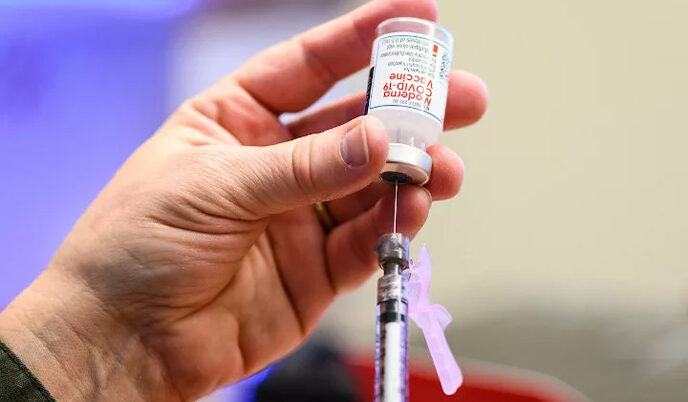
UW selected as site for Moderna COVID-19 vaccine pediatric clinical trial
Aug. 16, 2021 update: Thanks to overwhelming interest from our community, UW Health and the UW School of Medicine and Public Health have already met the recruitment objectives for Moderna’s pediatric COVID-19 vaccine clinical trial. If your child is selected to be part of the trial, you will be contacted directly. Advancements in science, public health, and clinical care often cannot happen without a supportive and engaged citizenry, and we greatly appreciate this community’s ongoing efforts to help end this pandemic.
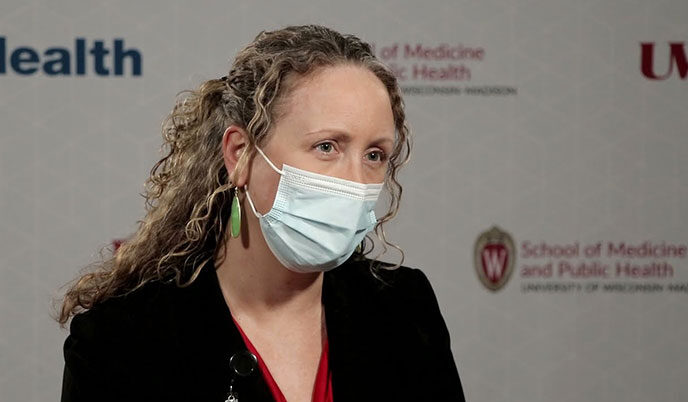
UW shows strong presence at Alzheimer’s Association International Conference
The world’s largest and most prestigious Alzheimer’s disease conference is underway this week, and UW Alzheimer’s disease researchers are attending in high numbers, leading several important discussions.
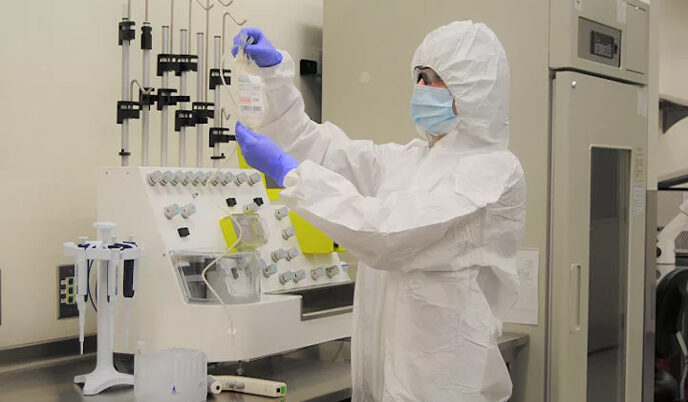
UW begins new clinical trial to treat fatal blood diseases in children, young adults
A clinical trial has launched at the UW School of Medicine and Public Health to test the safety of a new type of stem cell transplantation to treat a variety of deadly blood disorders in children and young adults.

Patient with rare cancer uses telehealth to access clinical trial
Today is National Clinical Trials Day, and UW Health wants to celebrate the researchers, nurses, physicians and experts in the lab who make clinical trials available and impactful for our patients and community. UW Health officials also say virtual consultations have been vital to expanding access to clinical trials for Wisconsin residents, especially during the pandemic.

UW to lead national research on pediatric asthma in low-income urban areas
The UW School of Medicine and Public Health has been selected as the national leadership center for a new clinical research network that will conduct pediatric asthma research in low-income urban settings around the country.
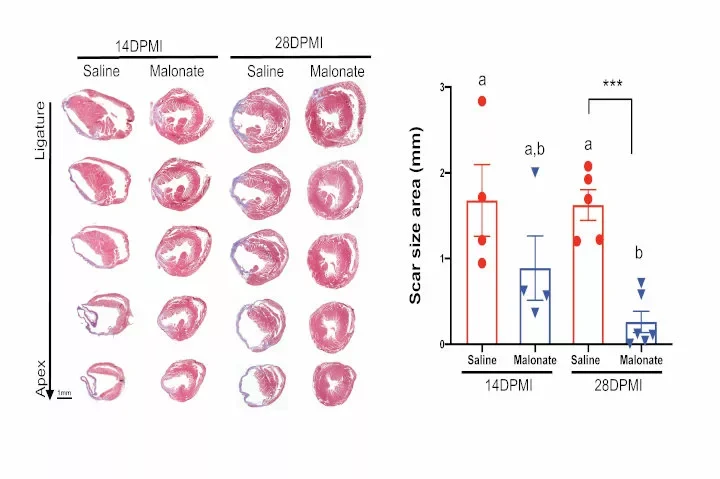
Metabolic switch may regenerate heart muscle following heart attack
New research from the University of Wisconsin–Madison finds that a new therapeutic approach for heart failure could help restore cardiac function by regenerating heart muscle.
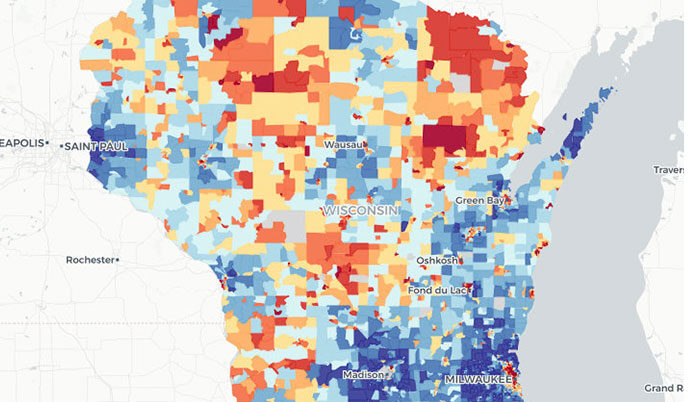
Alzheimer’s study finds link between living in disadvantaged neighborhoods and brain shrinkage, declining brain function
In a newly published study, researchers at the University of Wisconsin School of Medicine and Public Health report finding a correlation between living in neighborhoods with the fewest social and economic advantages and experiencing changes in brain structure and function that are characteristic of Alzheimer’s diseases and related dementias.